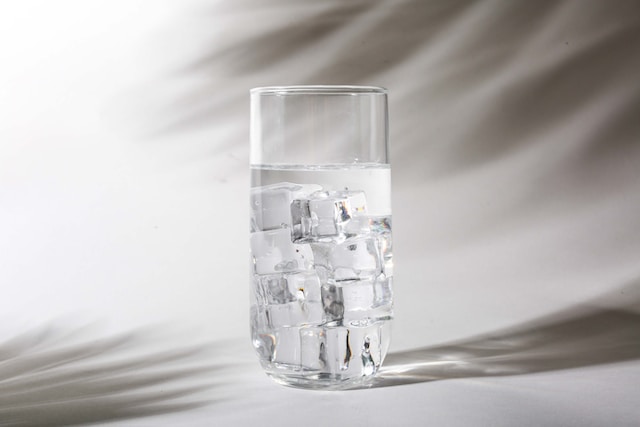Introduction:
Water is often hailed as the elixir of life, and staying hydrated is crucial for maintaining good health. We’ve all heard the common recommendation to drink eight cups of water a day, but is this rule grounded in scientific evidence? In this article, we will delve into the truth behind the 8-cup rule, exploring the factors that influence our hydration needs and providing practical tips for staying adequately hydrated.
The Origins of the 8-Cup Rule:
The idea of consuming eight cups of water a day can be traced back to a guideline set forth by the Institute of Medicine (IOM) in 1945. However, it’s important to note that this guideline did not specify that all eight cups must come from drinking water alone. The recommendation included water obtained from various sources, including beverages and food.
Individual Hydration Needs:
The truth is, there is no one-size-fits-all approach to hydration. Individual hydration needs vary depending on factors such as body size, activity level, climate, and overall health. Some individuals may require more water, while others may need less. It’s crucial to listen to your body’s signals and adjust your water intake accordingly.
Understanding Thirst:
Thirst is our body’s natural mechanism for signaling dehydration. When we feel thirsty, it’s a sign that our body needs fluids. Instead of rigidly adhering to a specific water quota, paying attention to your thirst cues can be a more reliable indicator of when and how much water to drink. Trusting your body’s innate wisdom is key.
Water Sources Beyond the Glass:
While drinking water is an excellent way to stay hydrated, it’s important to recognize that water can come from various sources. Fruits and vegetables, for example, have high water content and can contribute significantly to your overall hydration. Other beverages, such as herbal tea and milk, also provide hydration. Consider these alternative sources when assessing your water intake.
Factors Influencing Hydration:
Certain factors can increase our need for hydration. Physical activity, hot weather, and certain medical conditions may require additional water intake to compensate for increased fluid loss. It’s essential to be mindful of these factors and adjust your water consumption accordingly to maintain optimal hydration.
Assessing Hydration Status:
Monitoring your hydration status can provide insights into whether you’re drinking enough water. One simple way to assess your hydration is by observing the color of your urine. Clear or pale yellow urine generally indicates adequate hydration, while darker urine may suggest the need to drink more water. However, it’s important to note that certain medications and dietary factors can also affect urine color.
Practical Tips for Staying Hydrated:
To ensure you stay adequately hydrated, consider the following tips:
- Carry a reusable water bottle with you throughout the day as a reminder to drink.
- Set a hydration goal based on your individual needs and strive to meet it.
- Include water-rich foods in your diet, such as cucumbers, watermelon, and oranges.
- Drink water before, during, and after exercise to replenish fluids lost through sweat.
- Listen to your body’s thirst signals and drink when you feel the need.
Conclusion:
The 8-cup rule has been widely circulated as a guideline for daily water intake, but it’s important to approach hydration with flexibility and consider individual factors. While water is essential for our well-being, the amount needed varies from person to person. By listening to our bodies, including alternative water sources, and staying mindful of factors that influence hydration, we can maintain optimal hydration levels. Ultimately, finding a balance that works for you is key to staying properly hydrated and supporting your overall health and well-being.










